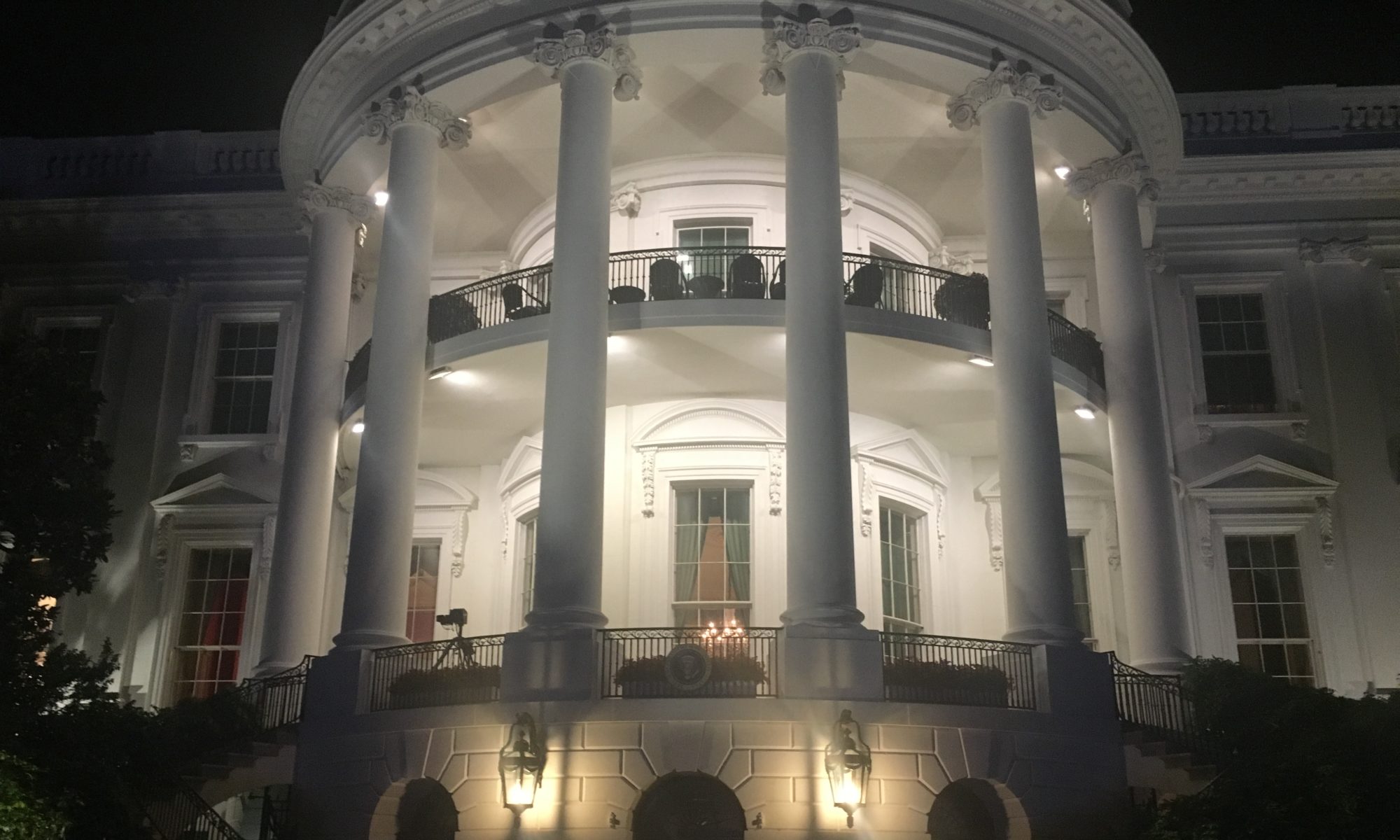March 21, 2020
It is hard to comprehend the speed with which the coronavirus pandemic has brought the country to its knees. Here in the New York metropolitan area, the lucky ones among us are hunkered down in our homes working remotely. The subways and the streets are eerily quiet, like a scene from “The Day After.” Pockets of defiance – weddings with more than fifty guests, young people crowding bars – make the evening news. We wonder how long we will have to live like this – our friends and co-workers reduced to grainy video images on our laptop screens, only venturing out for groceries or medicine. We watch the numbers of positive diagnoses rise exponentially each day, wondering if, or when, the tsunami will hit us.
We are the lucky ones. Unlike thousands of restaurant or hotel workers, we still have jobs. Experts are predicting that 4.6 million people could lose their jobs this year in the travel industry alone, (Source: “Coronavirus layoffs surge across America, overwhelming unemployment offices,” by Rebecca Rainey, Politico.com, 3/17/20). With Trump tanking the markets every time he opens his mouth, erasing the gains of the last three years in the last two weeks, even Senate Republicans recognize that dramatic measures have to be taken immediately. Wednesday, the Republican-led Senate passed a House bill providing two weeks of paid sick and family leave, free coronavirus testing for all, including the uninsured, increased federal funds for Medicaid, SNAP and increased unemployment insurance benefits, (Source: “The growing coronavirus stimulus packages,” by Alayna Treene, Axios.com, 3/19/20).
Today, two weeks into the crisis, 20% of Americans are under orders to shelter in place, with more restrictions coming. We have no idea when this will end and how much wreckage this pandemic will leave in its wake, (Source: “U.S. economy is deteriorating faster than expected,” by David J. Lynch and Heather Long, The Washington Post, 3/20/20). The tragedy is that our dire circumstances are the direct result of having a narcissistic imbecile at the helm of our federal government.
U.S. intelligence officials first became aware that the Coronavirus outbreak in Wuhan, China had the potential to become a global pandemic in early January. They repeatedly tried to alert Trump to the impending danger to no avail. According to officials with knowledge of the matter, Trump was “dismissive,” and refused to “take the virus seriously,” (Source: “The system was blinking red,” by Shane Harris, Greg Miller, Josh Dawsey and Ellen Nakashima, The Washington Post, 3/20/20).
Even now, as the number of positive diagnoses grows exponentially and hospitals already report buckling under the strain, Trump’s actions have continued to make matters worse. Although he has signed an Executive Order invoking the Defense Production Act, he has hesitated to actually order companies to begin producing critically necessary medical supplies, (Source: “Trump Resists Pressure to Use Wartime Law to Mobilize Industry in Virus Response,” by Katie Rogers, Maggie Haberman and Ana Swanson, The New York Times, 3/20/20). Trump’s daily briefings are the Panglossian ravings of a fabulist. He falsely claims that anyone who wants to get a test can get one. He touts a malaria drug as a treatment for coronavirus, spurring shortages and leaving a beleaguered Dr. Anthony Fauci to bat clean-up.
As we sit trapped in our homes, hostages to Trump’s malignant incompetence, we feel helpless. After all, other than obsessively checking the growing number of cases on Covidtracking.com or contributing to a fund to help displaced restaurant workers, what can we do? The answer is—pay attention. Now that we don’t have our daily commutes, March Madness brackets or kids’ soccer games to consume us, we can take the time to scrutinize just how those we have entrusted with leadership handle this crisis. Do they listen to scientists and act decisively to protect us? Or do they actively encourage recklessness by tweeting out pictures of themselves out in a crowded restaurant? Do their relief packages focus on working people, or are they regressive measures that penalize the poor and provide no-strings attached relief to large corporations? Are they transparent and honest with us about the danger, or do they downplay it in public, while privately dumping $1.7 million worth of stock to protect their own bank balance?
Most of all, pay attention to how this pandemic has exposed the current structure of American society as unsustainable. Spend some time thinking about why it is that one in nine Americans faces food insecurity, why 40% of Americans don’t have $400 set aside for an emergency? Think about how the fact that 27.5 million Americans lack health insurance and only 30% of low wage workers have paid sick leave makes us uniquely vulnerable to suffering catastrophic damage from a highly contagious, often fatal disease.
We must commit now, if we are lucky to come out on the other side of this pandemic with our health and our livelihoods intact, that we will fight to remake this country to serve the needs of the many and not the few. We must commit now to treating healthcare workers, food service workers and teachers like the essential workers they are. We must commit now to allowing everyone to vote, so that we can elect leaders who have a genuine desire to serve the public and the requisite intellect and integrity to do so. There is no question that we are living through an unprecedented tragedy, but it will be an even greater tragedy if we refuse to learn from it.
#Whenyouknowbetteryoudobetter
#Neverletacrisisgotowaste

Exactly. The pandemic is going to transform us – we are not going to return to the country or the world that we knew last month. We need to be proactive to make sure that the next economy doesn’t replicate the incentives that resulted in economic inequality, inadequate health care and global warming.
Change is hard. Hard times are our opportunity to make change.